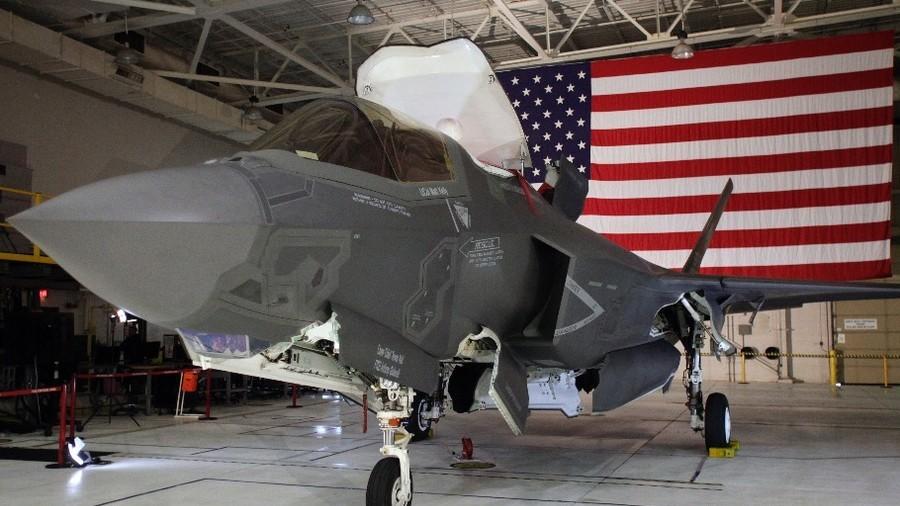American defense contractor giant Lockheed Martin has blasted Germany over its refusal to buy its F-35 stealth fighters, in the latest row over the future of NATO defense readiness.
In early February it was confirmed that Germany snubbed Lockheed’s cutting edge and expensive joint strike fighter, knocking the American stealth fighter of out of a tender worth billions of euros, as Germany’s military considers how to replace its aging Tornado warplanes, for which Boeing’s F/A-18 Super Hornet and Airbus’ NATO Eurofighter Typhoon remain prime alternate contenders.

Lockheed Martin’s vice president for Europe, Jonathan Hoyle, told FT that knocking the F-35 out of contention will only hold Germany back in terms of ability to keep pace with NATO readiness.
Hoyle described a resulting situation in Europe where “Germany’s position going forward” has been questioned, citing personal conversations with diplomats. These conversations revealed deep “disappointment” with the further criticism that “Germany, which has the biggest defense budget, has just taken this retrograde step and isn’t going to be there”.
“So when we go off and collaborate together operationally, if you are flying stealth, fifth-generation jets, you don’t want a fourth-generation jet in the middle of your operations because everyone can see that”, he told FT. The Lockheed executive still touted Europe as a “key area of growth,” however, especially Poland, which has recently vowed to increase its defense spending.
Multiple reports since the German Defense Ministry’s decision earlier this year have described it as a major setback for Lockheed:
The decision was seen as a big setback for Lockheed, the top US arms maker, which had hoped to add to recent F-35 sales to other European countries, including Belgium.
Its European vice-president Jonathan Hoyle said Berlin’s failure to opt for the F-35 had raised concerns among allies and prompted the question: “What does it mean for NATO?”
A final decision will be made pending delivery of detailed information from from Boeing and Airbus about their respective aircraft, which must be able to carry and deliver US nuclear weapons in accord with Germany’s NATO obligations, and which further must be certified by Washington to carry the nukes.
This presents a number of potential fault lines that could crack open wide the US-German relationship, and with implications for broader NATO defense, especially related to German Air Force ability to carry American nuclear warheads.
via ZeroHedge News http://bit.ly/2GVwoAs Tyler Durden